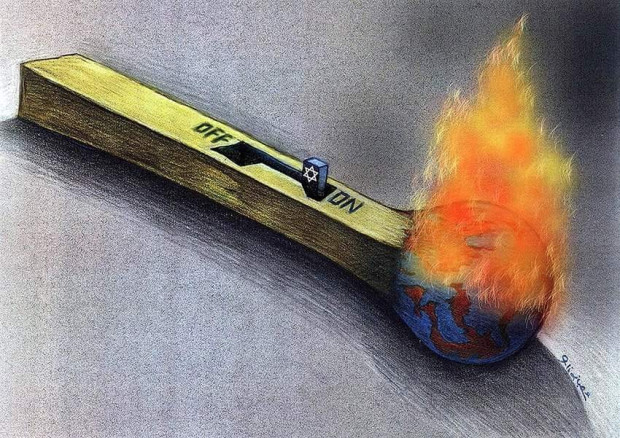Sputnik News
Russian troops established control over the Chernobyl Nuclear Power Plant on 24 February within the earliest hours of military operations. On Wednesday, Ukrainian authorities informed the International Atomic Energy Agency that the plant had been ‘fully disconnected from the power grid’ and claimed that ‘radiation leaks’ were ‘imminent.’
Ukrainian nationalist forces committed a new and ‘extremely dangerous provocation’ by attacking a substation and the power lines which provide the Chernobyl nuclear power plant with electricity, Russian deputy defense minister Nikolai Pankov has said.
‘At the moment, the Ukrainian side is doing everything possible to hinder and frustrate repair and restoration work. In our opinion, this once against confirms the absolutely deliberate and provocative character of the actions of the nationalists,’ Pankov said in a special briefing Wednesday.
The officer said Russian specialists have taken the necessary measures to transition to reserve diesel generators on-site at Chernobyl.
Russian Deputy Minister of Energy Pavel Sorokin indicated that Russia’s Belarusian colleagues have worked out a means to restore electricity supplies to the plant on a permanent basis by connecting it to the Belarusian energy system.
‘We would like to emphasize and warn that any disruption of the work of compressor stations, or provocations against them, is the responsibility of Ukrainian authorities. This is their contractual obligation, it is the responsibility of the Ukrainian side,’ Sorokin said.
Earlier Wednesday, Ukrainian energy operator Ukrenergo announced that Chernobyl had been ‘fully disconnected from the power grid’ and that ongoing fighting had made it impossible ‘to restore the lines.’
Ukrainian Energy Minister Herman Halushchenko assured that the mothballed plant, which produces no power of its own, has the capability to maintain power independently using onsite diesel generators.
However, Ukrainian Foreign Minister Dmytro Kuleba claimed that the ‘cooling systems of the storage facility for spent nuclear fuel will stop’ once the backup generators’ operation stops, ‘making radiation leaks imminent.’
The International Atomic Energy Agency sought to ease fears by indicating in a pair of tweets that it sees ‘no critical impact on safety’ at the plant despite the loss of power.
‘IAEA says heat load of spent fuel storage pool and volume of cooling water at #Chernobyl Nuclear Power Plant [is] sufficient for effective heat removal without need for electrical supply,’ the agency wrote.
European Union foreign affairs chief Josep Borrell tweeted Wednesday that he had spoken to IAEA chief Rafael Grossi ‘about the very worrying situation regarding the Chernobyl power plant.’
‘I call on Russia to preserve safety of nuclear infrastructure in #Ukraine. Full support for [IAEA] efforts to find an agreement on practical solutions in these dramatic circumstances,’ Borrell wrote.
Chernobyl is situated about 100 km north of Kiev, and 10 km from the Belarusian border. One of its reactors suffered a catastrophic meltdown in April 1986, forcing the evacuation of the surrounding area and leading to the premature deaths of thousands of people. The meltdown is widely considered one of the worst technogenic disasters in history alongside the 1984 Bhopal gas leak and the 2011 Fukushima nuclear disaster. Chernobyl’s three remaining reactors were shut down in the year 2000.
Russian paratroopers established control over the facility on 24 February amid the Russian operation to demilitarize Ukraine, with Russian and Ukrainian forces agreeing to jointly ensure the plant’s security.
